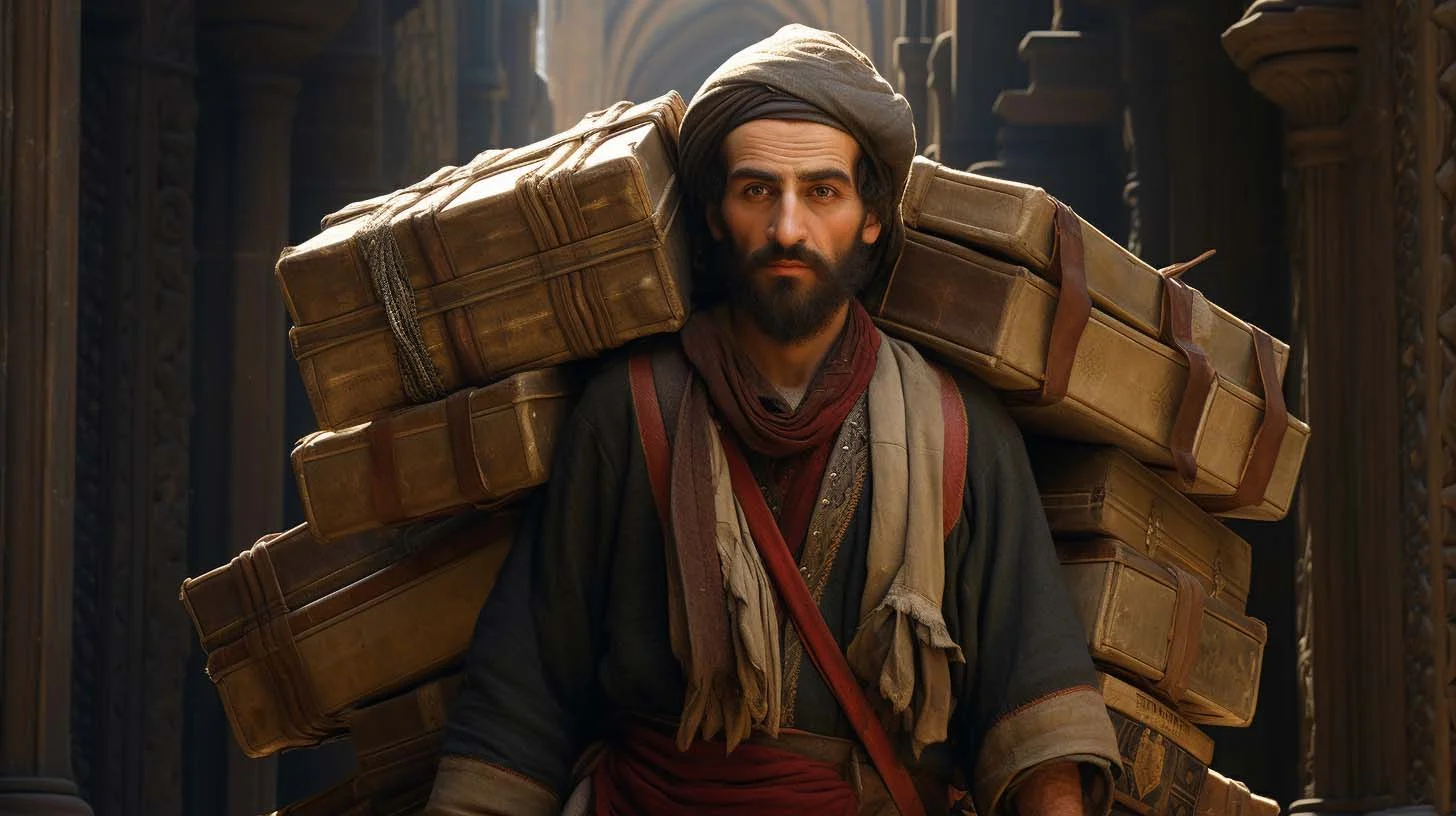

Ahmed ibn Yusuf - Porter at Bayt al-Ḥikmah - GURPS 4th Edition Character Sheet
Attributes:
- ST 14
- DX 12
- IQ 10
- HT 12
Secondary Characteristics:
- HP 14
- Will 10
- Per 10
- FP 12
- Speed 6
- Move 6
Advantages:
| Advantage | Description |
|---|---|
| Fit | You have better cardiovascular health than your HT alone would indicate. You get +1 to all HT rolls (to stay conscious, avoid death, resist disease or poison, etc.). This does not improve your HT attribute or HT- based skills! You also recover FP at twice the normal rate. |
| Lifiting ST 3 | You have lifting capacity out of proportion to your mass. Add your Lifting ST to your ordinary ST when you determine Basic Lift for the purposes of carrying, lifting, pushing, and pulling. Lifting ST also adds to ST in situations where you can apply slow, steady pressure (grappling, choking,etc.). Lifting ST does not boost ST (or Basic Lift) for the purpose of determining HP, throwing distance, or damage inflicted by melee attacks or thrown weapons. |
| Language | (Arabic) (Native) |
| Patron | (Scholar at Bayt al-Ḥikmah, appears on 9 or less) |
Disadvantages:
- Social Stigma (Unskilled Laborer)
- Duty (To his family who he hopes will have a better life then his own)
- Honesty (12 or less)
Skills:
- Carrying (A) HT+1 - 13
- Lifting (A) HT+1 - 13
- Merchant (A) IQ - 10
- Area Knowledge (Baghdad) (E) IQ+1 - 11
- Observation (A) Per - 10
- Streetwise (A) IQ - 10
- First Aid (E) IQ - 10
- Brawling (E) DX+1 - 13
- Knife (E) DX+1 - 13
Quirks:
- Curious about Scholarly Texts
- Superstitious (Believes in local folklore)
- Always Carries a Lucky Charm
- Enjoys Street Food
- Humble (Downplays his own importance)
Equipment:
- Basic clothing suitable for manual labor
- A sturdy leather belt for lifting
- A small knife for cutting ropes or fabric (also for self-defense)
- A waterskin
- A small pouch for personal items
- A "lucky charm" (perhaps a small amulet or trinket)
Background:
Ahmed ibn Yusuf is a 28-year-old porter who works at the Bayt al-Ḥikmah in Baghdad. He comes from a modest family; his father, Yusuf, is a fisherman, and his mother, Fatima, is a homemaker. Ahmed has two younger sisters, Aisha and Leila, who are still in school. His family is supportive but doesn't fully understand the significance of the work he is involved in at the House of Wisdom.
Role-Playing Notes:
Ahmed is honest and dutiful but may be a bit naive when it comes to the complexities of scholarly debates or political intrigue. He takes great pride in his work, knowing that even though he doesn't understand the texts he carries, he plays a part in the greater pursuit of knowledge. With his enhanced strength, agility, and resilience, Ahmed is more than capable of defending himself and has even picked up some basic knifefighting skills.
Local Folklore Ahmed ibn Yusuf Believes In:
Ahmed ibn Yusuf, being a man of the people and deeply rooted in the local culture of Baghdad, believes in a variety of folklore that has been passed down through generations. Here's a summary of some of the local folklore he might believe in:
Jinn and Spirits
Ahmed believes in the existence of Jinn, supernatural beings that can be either benevolent or malevolent. He thinks they inhabit remote or hidden places and can influence human affairs. He may carry amulets or charms to protect himself from their influence.
The Legend of the Tigris River
Ahmed believes that the Tigris River, which flows through Baghdad, is a source of both life and mystery. Folk tales speak of ancient spirits that dwell within the river and control its flow. Some say that making offerings to these spirits can bring good fortune.
- Creation Myths: The Tigris, along with the Euphrates, featured prominently in Mesopotamian creation myths. They were considered to be the rivers that flowed from the Garden of Eden, which in many Islamic interpretations was thought to be a real place on Earth.
- Gilgamesh Epic: By the 1200s, the Epic of Gilgamesh would have been ancient but still influential. In this epic, the Tigris River serves as a setting for several adventures, including the pursuit of the sacred Cedar Forest and the search for immortality by Gilgamesh.
- Islamic Historical Narratives: In Islamic tradition, the Tigris would be known as one of the rivers of Paradise, and several hadiths (sayings of the Prophet Muhammad) mention the rivers of Eden, which would be interpreted by many as the Tigris and Euphrates.
- The Flood Story: Legends of the Great Flood, similar to the story of Noah’s Ark in the Abrahamic traditions (known as Nuh in the Quran), would also be linked to the Tigris as such floods were common in the river’s history, and stories of ancient floods were often localized by the people living along its banks.
- Iskandar: Legends of Iskandar (Alexander the Great) often involved his journeys near or along the Tigris River, including encounters with mythical creatures and divine interventions.
- Persian and Arab Conquests: There would be numerous stories about the strategic importance of the Tigris in various military campaigns, including the Arab conquests that brought Islam to the region and the battles fought along its banks.
- Sassanian Empire Legends: Stories from the time of the Sassanian empire, the last pre-Islamic Persian empire, would include tales of battles and the famed Nahrawan Canal, a feat of engineering that channeled the waters of the Tigris.
- The jinn: Folktales involving jinn (supernatural beings in Islamic mythology) often took place near rivers like the Tigris, where they were said to live, interact with humans, or influence events.
- Local Folk Heroes: By this time, the Tigris River region had seen centuries of civilization, and each period likely contributed its own heroes and notable figures, from ancient kings to contemporary leaders, whose exploits became the stuff of local legend.
The Cursed Ruins
There are ruins around Baghdad that are said to be cursed, often linked to stories of lost civilizations or fallen empires. Ahmed would avoid these places, especially after dark, believing that malevolent spirits or curses could harm those who venture too close.
The Wisdom of the Bayt al-Ḥikmah
Given his work at the House of Wisdom, Ahmed might believe that the scholars and texts there possess magical or divine qualities. Some local tales suggest that the Bayt al-Ḥikmah was built on an ancient site of power, and its scholars are the guardians of arcane secrets.
The Protective Qualities of Certain Symbols
Ahmed believes in the protective power of certain symbols and phrases, such as the Hand of Fatima or specific Quranic verses. He thinks that these can ward off evil and bring good luck, which is why he always carries a "lucky charm."
Phrases:
- Masha'Allah ("God has willed it") - Used to show appreciation for a person or object and to ward off the evil eye.
- Insha'Allah ("If God wills") - Used when speaking about plans or future events to invite divine favor.
- Bismillah al-Rahman al-Rahim ("In the name of God, the Most Gracious, the Most Merciful") - Often said before undertaking any action to seek God's blessings.
- La hawla wa la quwwata illa billah ("There is no power and no strength except through God") - Used to seek divine assistance in times of difficulty.
Symbols:
- Hand of Fatima (Hamsa) - A palm-shaped amulet popular throughout the Middle East for protection against the evil eye.
- Crescent Moon and Star - Commonly seen as a symbol of Islam and believed to offer protection.
- Eye of Horus - Though of ancient Egyptian origin, this symbol is sometimes used in the region for protection against evil.
- Fish Symbol - Fish are often considered a symbol of good luck and prosperity.
The Night of Power (Laylat al-Qadr)
Ahmed holds a strong belief in the Night of Power, a night during the Islamic month of Ramadan that is said to be "better than a thousand months." He believes that prayers and good deeds performed on this night have a magnified impact.
Folk Heroes and Local Saints
Ahmed believes in the stories of folk heroes who fought against injustice or local saints who performed miracles. These figures are often invoked in daily life as symbols of virtue and courage.
Ahmed ibn Yusuf might visit the shrines of these local saints to seek blessings, and he would certainly know the tales of these folk heroes, drawing inspiration from their virtues and deeds.
Folk Heroes:
- Hatim al-Tai - Known for his incredible generosity and hospitality, Hatim al-Tai is a pre-Islamic Arab hero whose stories are still told to emphasize the importance of these virtues.
- Antarah ibn Shaddad - A pre-Islamic Arab knight and poet, famous for both his bravery in battle and his forbidden love for his cousin Abla.
- Aladdin - Though the tale has been popularized worldwide, many in the region still consider Aladdin a folk hero who used his wit and a magical lamp to rise from poverty.
- Sindbad the Sailor - A legendary sailor and adventurer from Baghdad who embarks on seven fantastical journeys, encountering mythical creatures and discovering magical lands.
- Ali Baba - Known for the tale of "Ali Baba and the Forty Thieves," he is considered a clever commoner who outsmarts a band of thieves to uncover their treasure.
Local Saints:
- Imam Ali - The first cousin of the Prophet Muhammad and a central figure in Shia Islam, Imam Ali is revered for his piety, justice, and courage.
- Rabia al-Adawiyya - A female Muslim saint and Sufi mystic from Basra, revered for her deep devotion to God and her teachings on divine love.
- Sheikh Abdul Qadir Jilani - A 12th-century Sufi saint from Baghdad, founder of the Qadiriyya order, and considered a protector of the needy and the poor.
- Imam al-Kazim - The seventh Shia Imam, buried in the Kazimain shrine in Baghdad, is considered a saint and is revered for his piety and wisdom.
- Al-Hallaj - A controversial Sufi mystic executed for his unorthodox teachings, but later revered as a martyr who died for the love of God.
Omens and Superstitions
Ahmed pays attention to various omens and signs, such as the flight patterns of birds or the appearance of a new moon, believing they can foretell future events or indicate God's will.
These beliefs, rooted in local folklore and traditions, shape Ahmed's worldview and influence his daily actions and decisions.
Ahmed would likely interpret these omens and superstitions as signs or messages from the divine, or as indicators of the natural order of things. They would influence his daily actions and decisions, prompting him to take caution or proceed with confidence depending on the signs he observes.
Omens:
- Flight of Birds - Observing the direction in which a flock of birds flies could be seen as an omen. A flight towards the right might be considered a good omen, while towards the left could be seen as a bad sign.
- Shooting Stars - A shooting star could be seen as a sign that God is answering someone's prayers, or that a significant change is about to happen.
- Lunar Eclipses - An eclipse might be considered a warning of impending disaster or divine displeasure, prompting people to pray and seek forgiveness.
- Crossing Paths with a Black Cat - While in some cultures this is considered bad luck, in others it might be seen as a sign to be extra cautious or aware of one's surroundings.
- Finding a Lost Object - Stumbling upon a lost object like a coin or a piece of jewelry could be seen as a sign of good luck or divine favor.
Superstitions:
- Evil Eye - The belief that envy or malevolent glances can bring misfortune. Ahmed would likely carry an amulet or charm to protect against it.
- Knocking on Wood - To prevent disappointment or jinxing a positive outcome, Ahmed might knock on wood after making a hopeful statement.
- Spilling Salt - If salt is spilled, throwing a pinch over the left shoulder is believed to ward off bad luck or evil spirits.
- Breaking Bread - It's considered good luck to break bread with someone rather than cutting it, symbolizing friendship and unity.
- Sneezing Odd Number of Times - An odd number of sneezes might be considered a good sign, while an even number could be seen as an omen of something negative.
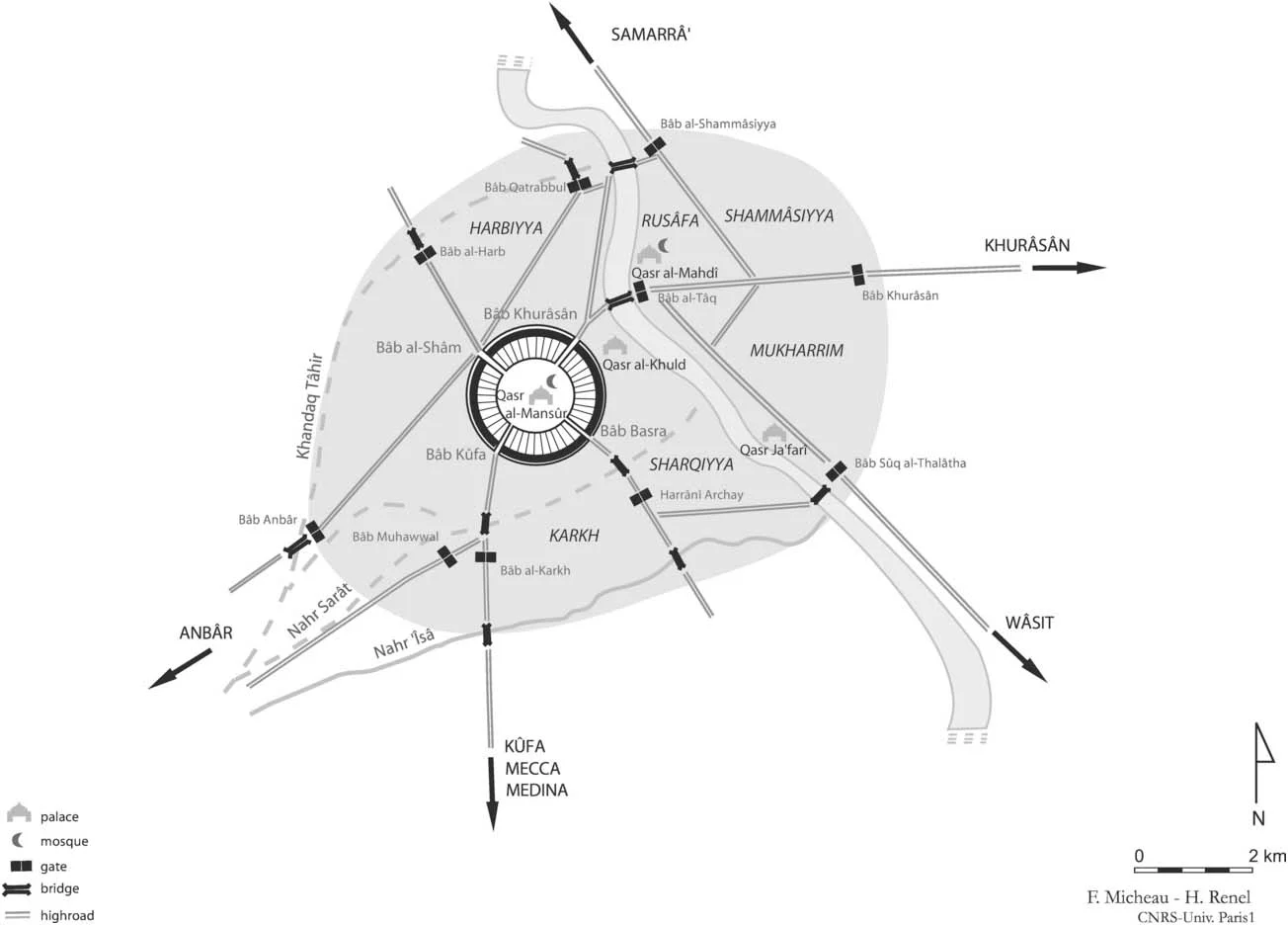
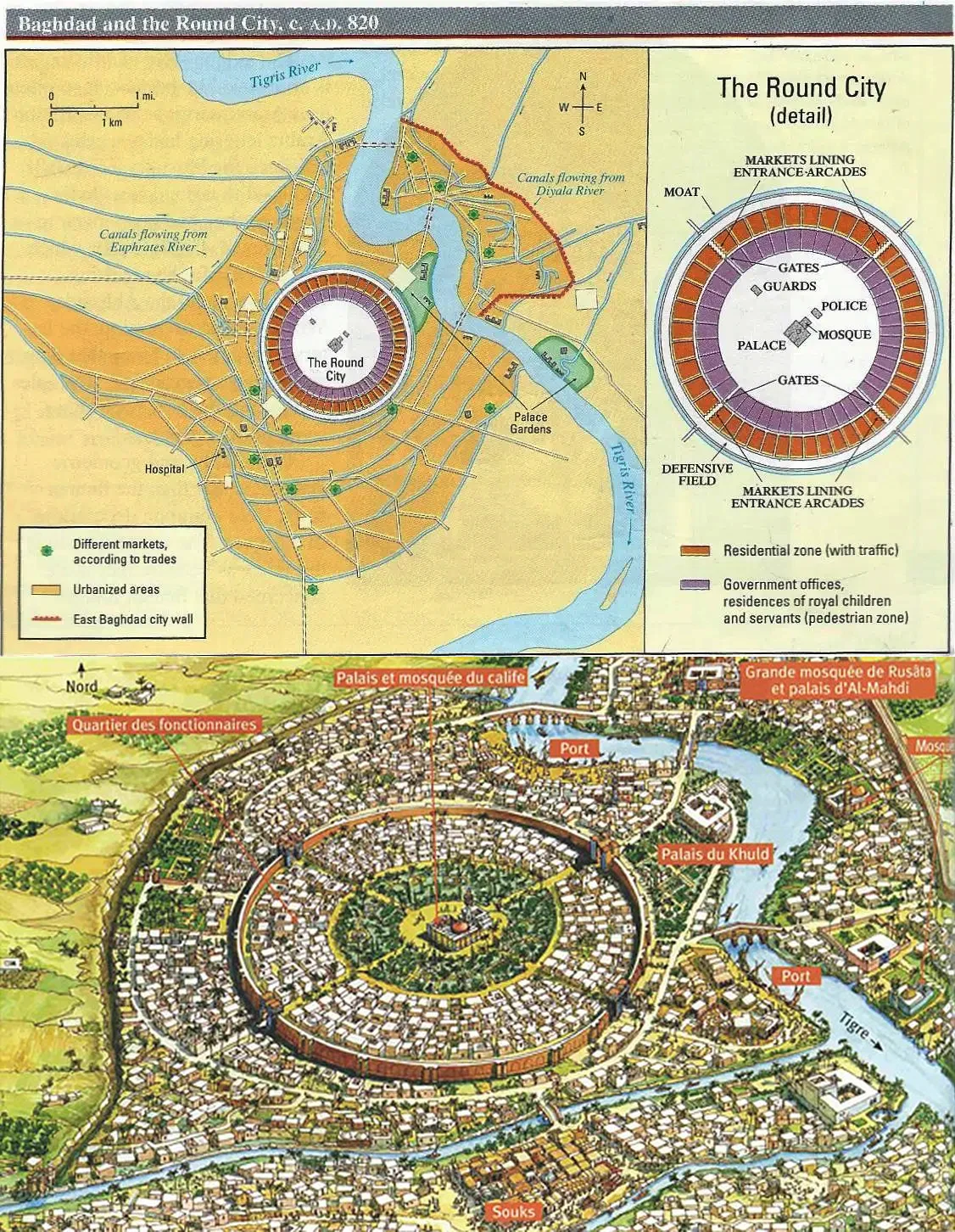
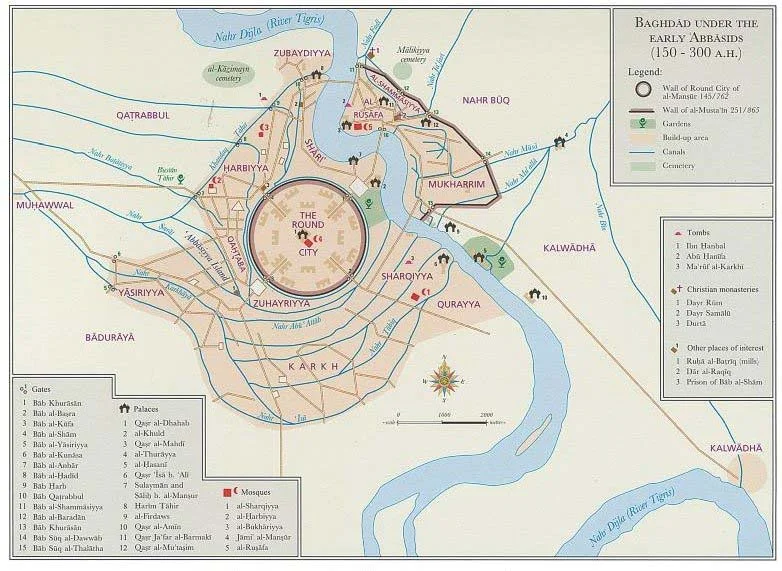
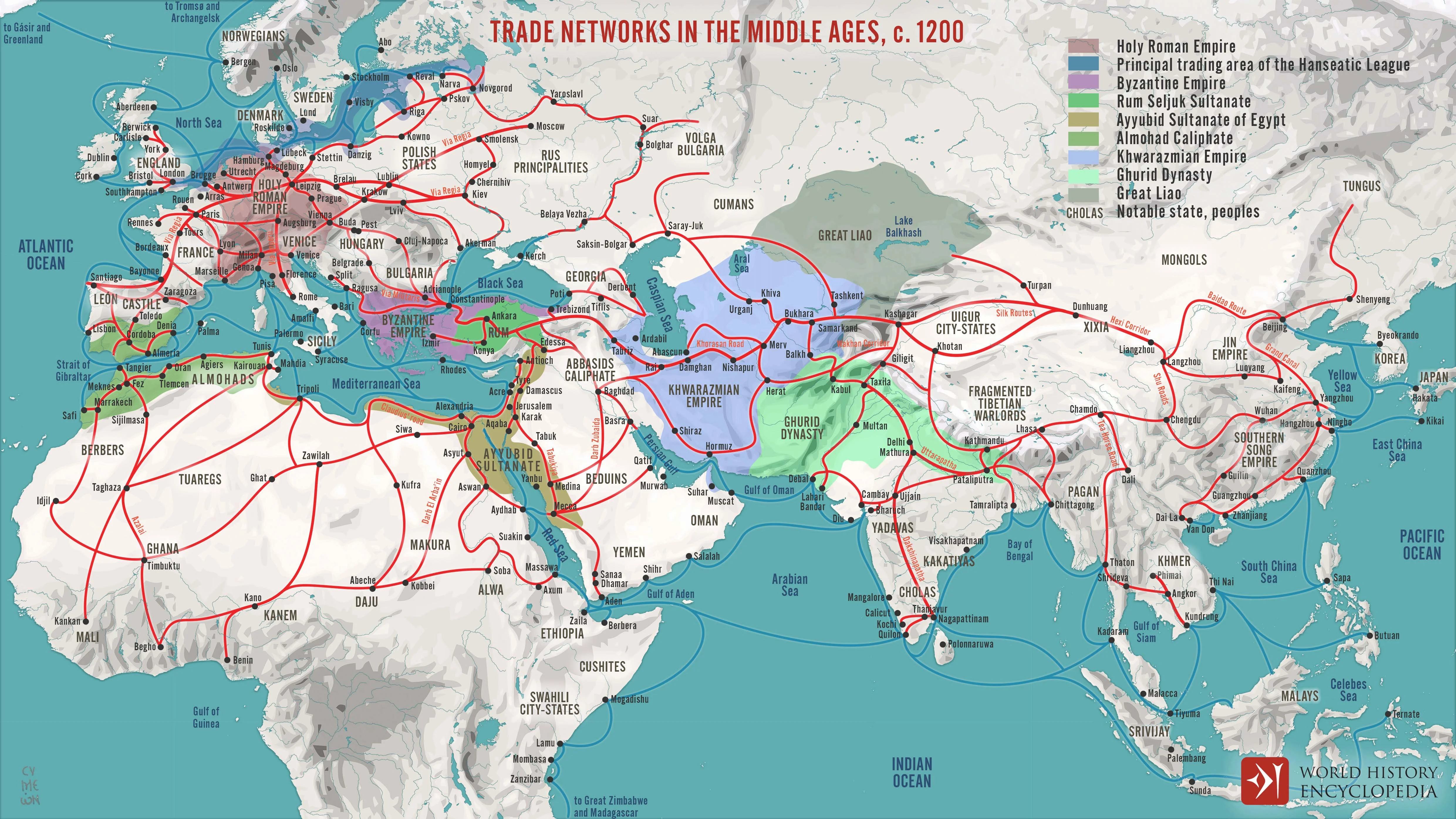
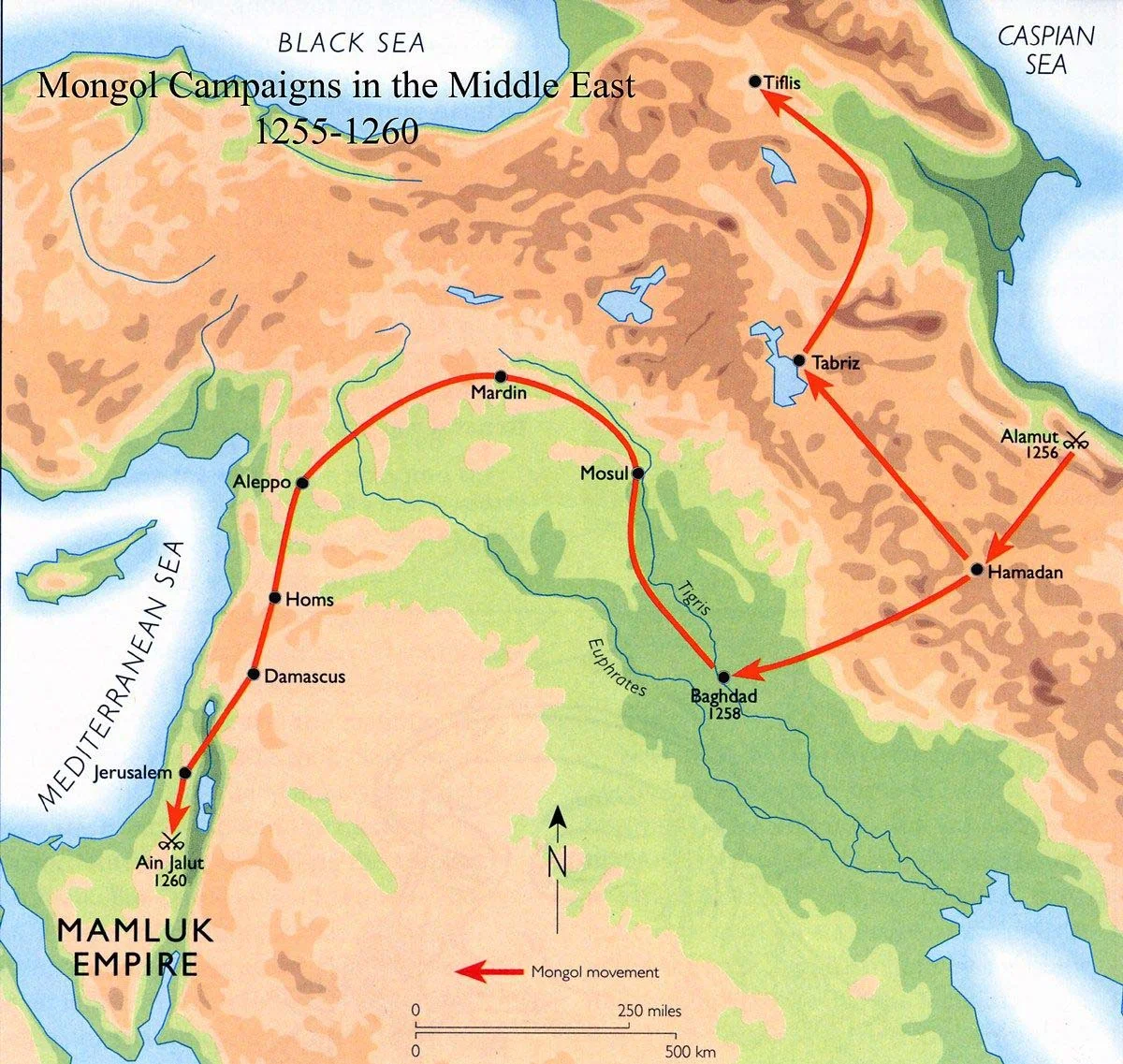
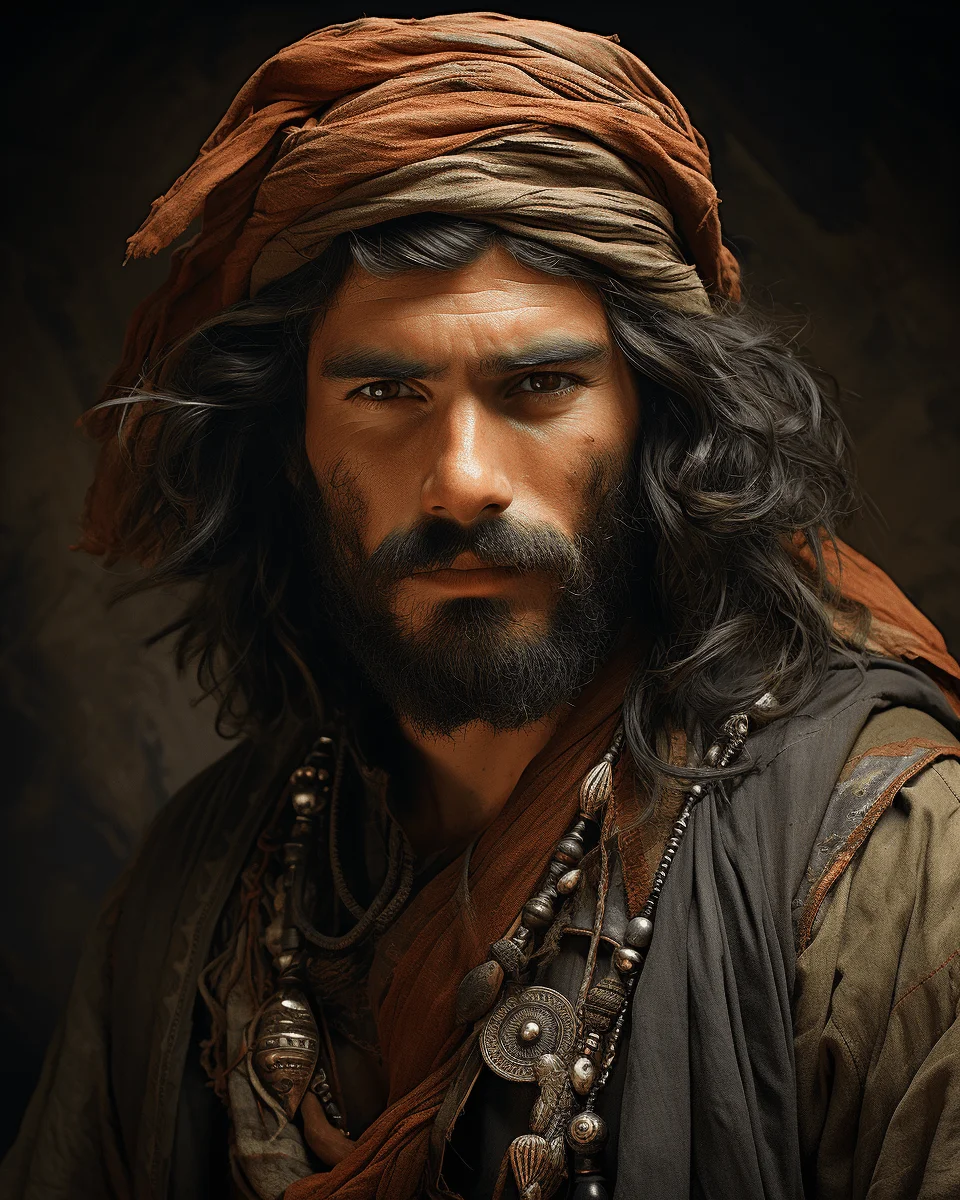



Comments
With an account on the Fediverse or Mastodon, you can respond to this post. Since Mastodon is decentralized, you can use your existing account hosted by another Mastodon server or compatible platform if you don't have an account on this one. Known non-private replies are displayed below.